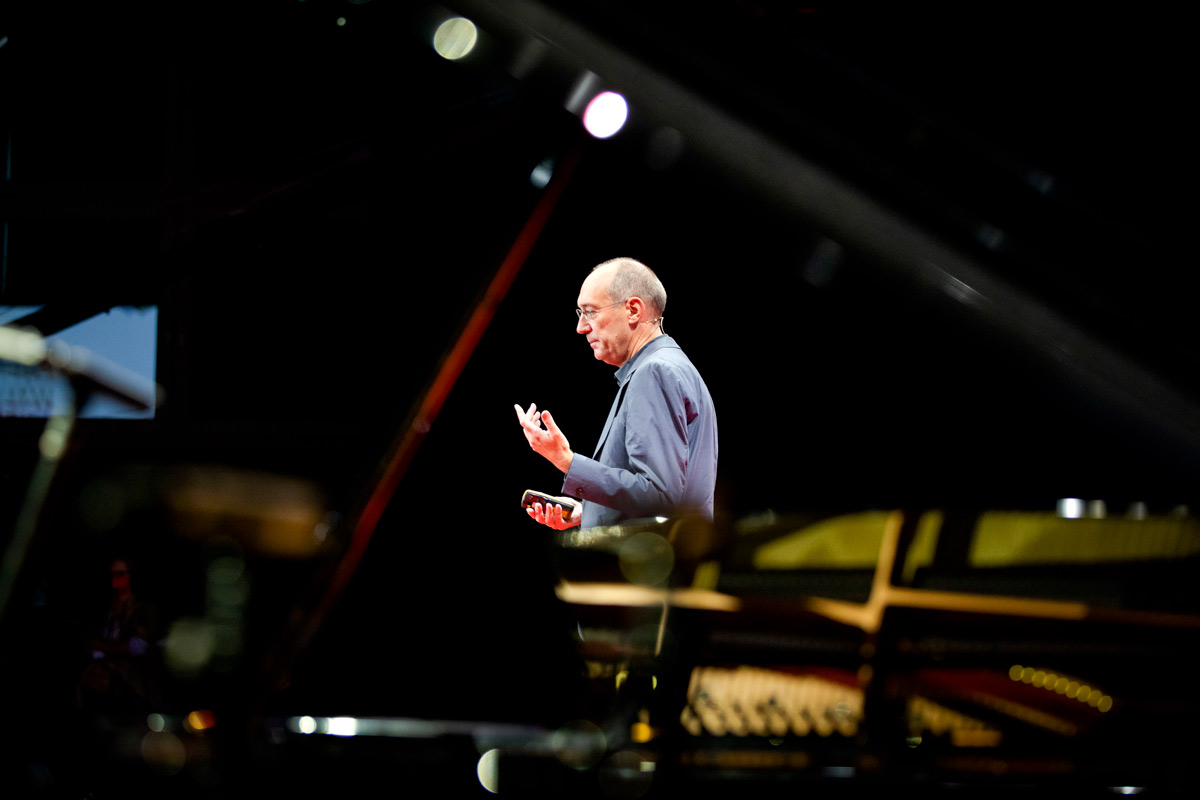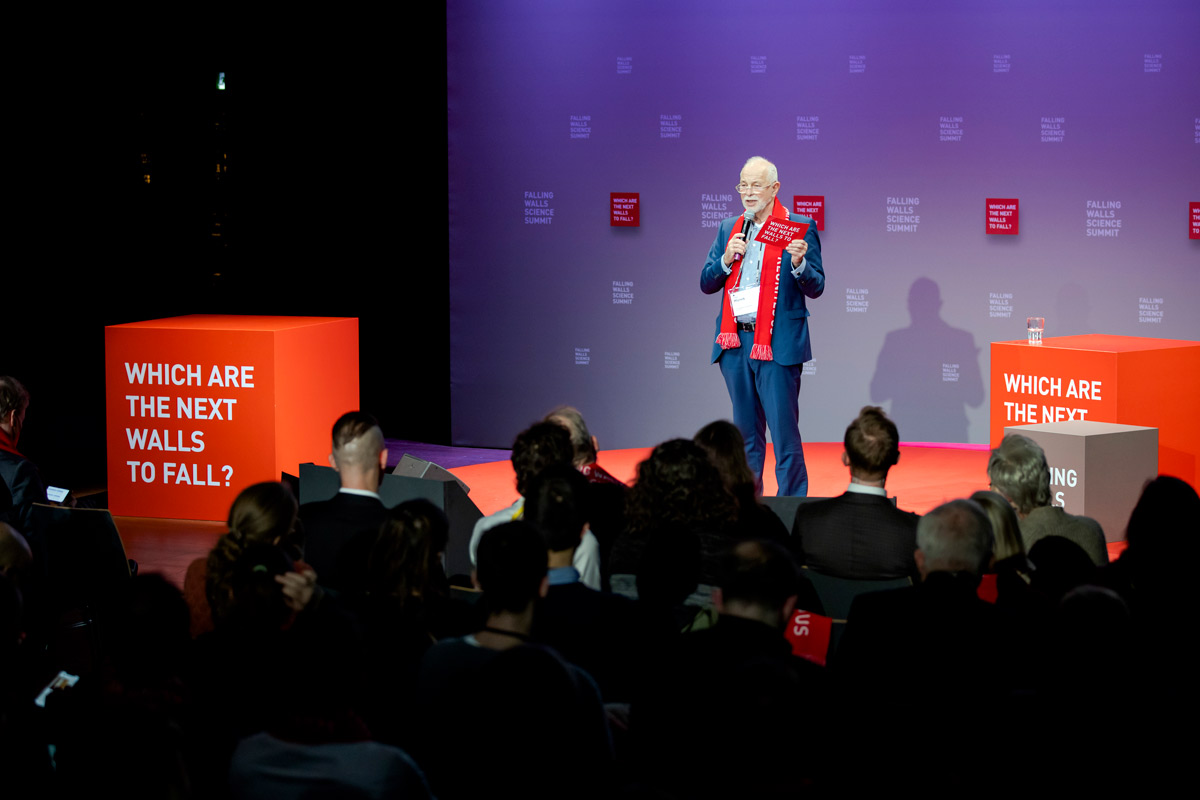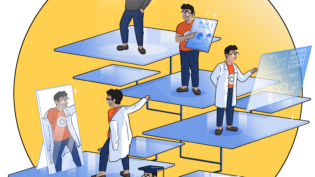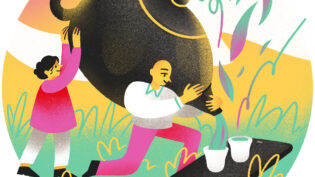From Big to Better
Written by
Leveraging big data for the greater good
As uncertain as the future might be in the face of global challenges, one thing seems evident: We will more than ever rely on machine learning to help us weather the transformations ahead of us. Sabine Leonelli highlights the role of philosophy in taming big data, so that researchers can benefit from AI in an ethical way. Marcel Kempers found a way to employ machine learning in his effort to protect coral reefs. And did you know AI can be playful, too? Gerhard Widmer taught a computer assistant how to play the piano. Keep reading for our personal top three innovations presented on stage at the Falling Walls Science Summit on 7–9 November 2021.
A life guard for coral reefs – in space!
Coral reefs are an essential source for over 25% of marine life, and support the income of one billion people in coastal areas. They are also among the most vulnerable biotopes, heavily affected by climate change. Marcel Kempers, 2021 Lab Winner in the Emerging Talents category, uses satellite data and AI to break the sealine barrier. The data from space is fed into an open map, used to detect underwater changes and coastal activity that harm coral life, and enable local authorities to coral-friendly policy making.

What do researchers mean by ‘data’?
“Data are often understood as neutral, objective facts,” says the Winner in the Social Sciences and Humanities category, Sabina Leonelli, and argues, “This idea doesn’t help to understand the nature of scientific research.” Long before the current debates around COVID-19, researchers had been arguing about the meaning of data. As a response, Leonelli’s philosophical approach renders data relational objects. ‘Relational’ means that they carry no meaning without contextualisation: The human remains at the centre of the data interpretation process, which itself requires many different human perspectives. One of the biggest challenges Leonelli identifies, however, is monitoring the quality of closed research practises – a problem she hopes she can contribute to solve in the future.
A companion with human qualities
How does music come alive? Gerhard Widmer and his team at Johannes Kepler University Linz analysed a dataset of over 300,000 played notes to teach a computer to play classical music. The aim, however, is not to replace humans as creators or interpreters of music. Widmer points out, “As an AI scientist, I want to make it clear that we are not tearing down any fundamental barriers between humans and machines.” He continues, “a machine has nothing to say, it has no urge to express itself. Artistic experience requires humans.” He and his team invented a computer companion that enables expressive interaction between humans and machines. Fellow researcher and pianist Carlos Eduardo Cancino-Chacón and his Secondo, Widmer’s ACCompanion, breathtakingly demonstrated how AI-assisted piano play works in practise. Their performance of Brahms’ Hungarian Dance No.5 was the first ever public demonstration of a machine interacting with a human in a truly musical way: dramatic, affective and emotional. Bravi!

Teamwork makes innovation work
“What you see here is the result of teamwork,” Gerhard Widmer said in the beginning of his keynote speech. Chairman of the board of the Falling Walls Foundation Dr Jürgen Mlynek couldn’t agree more in his summary of the event, underlining the importance of collaboration across disciplines to meet today’s challenges: “Nowadays, it takes more than one individual, more than one Einstein. Breakthroughs in science need teams.” In this spirit, see you again at next year’s Falling Walls Science Summit to witness cutting-edge interdisciplinary research, or have a look at our online content library to revisit the Science Breakthroughs of the Year 2021 •







